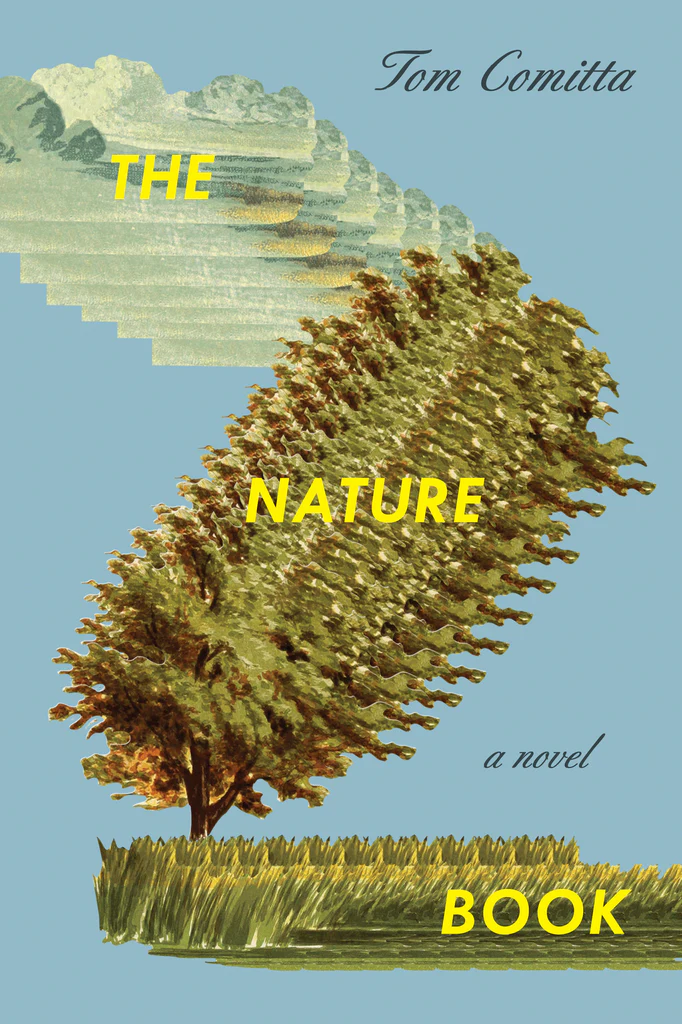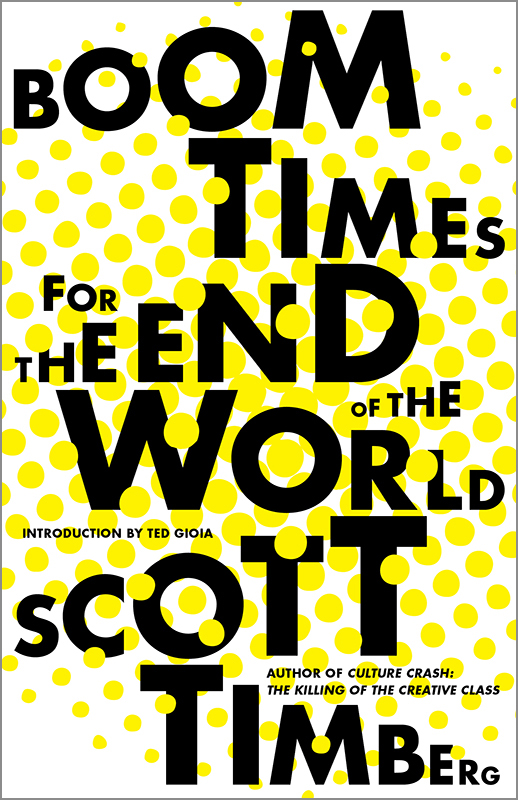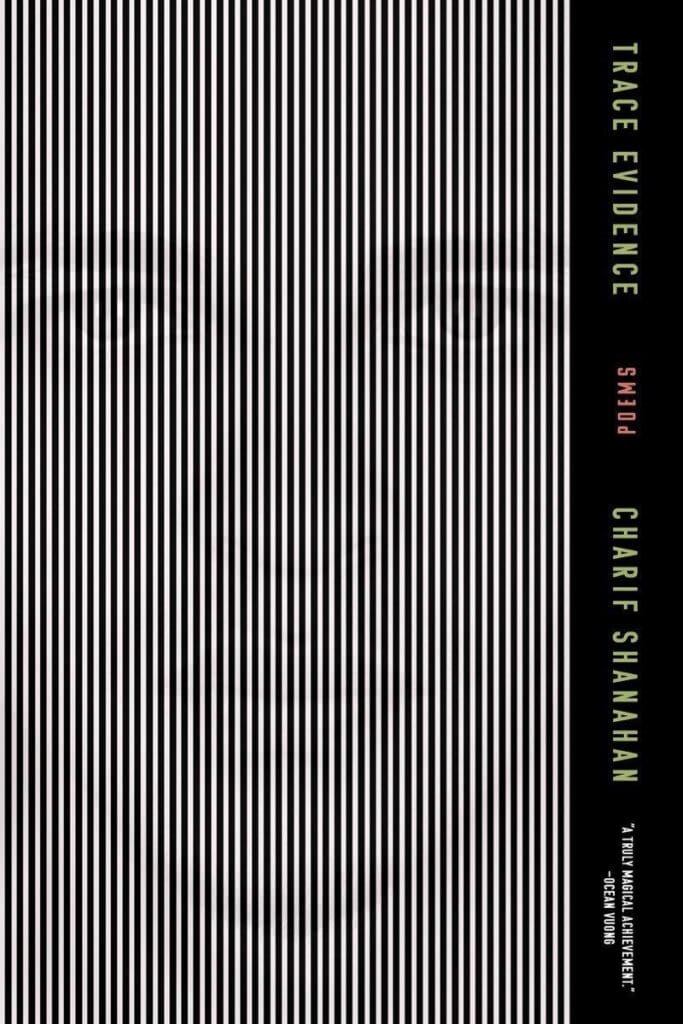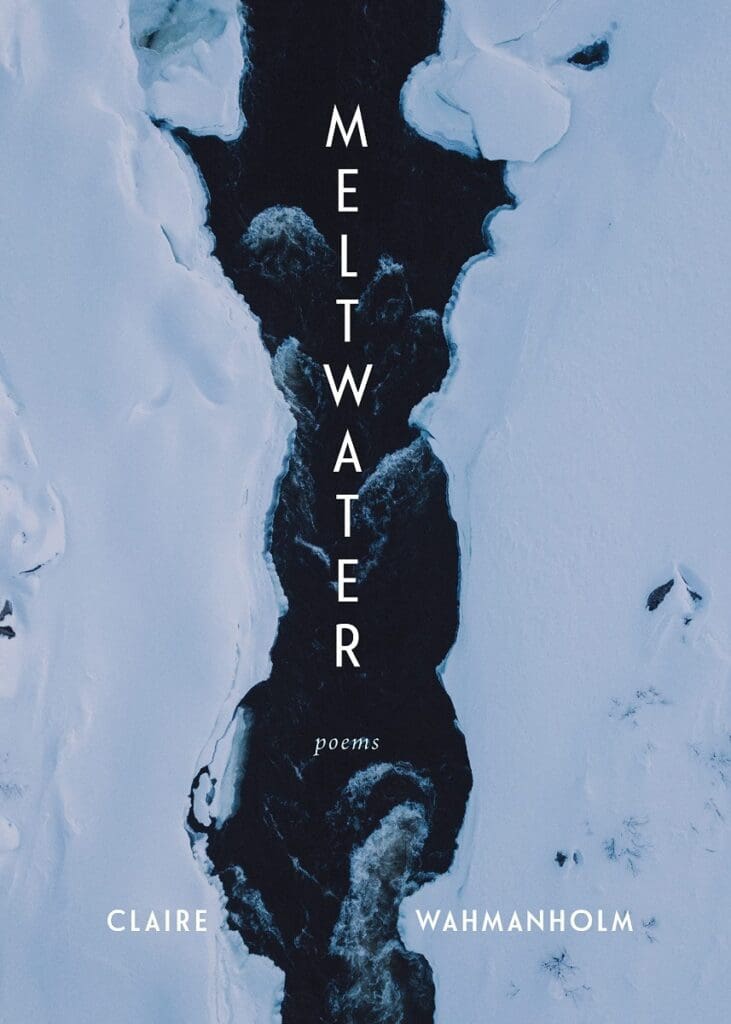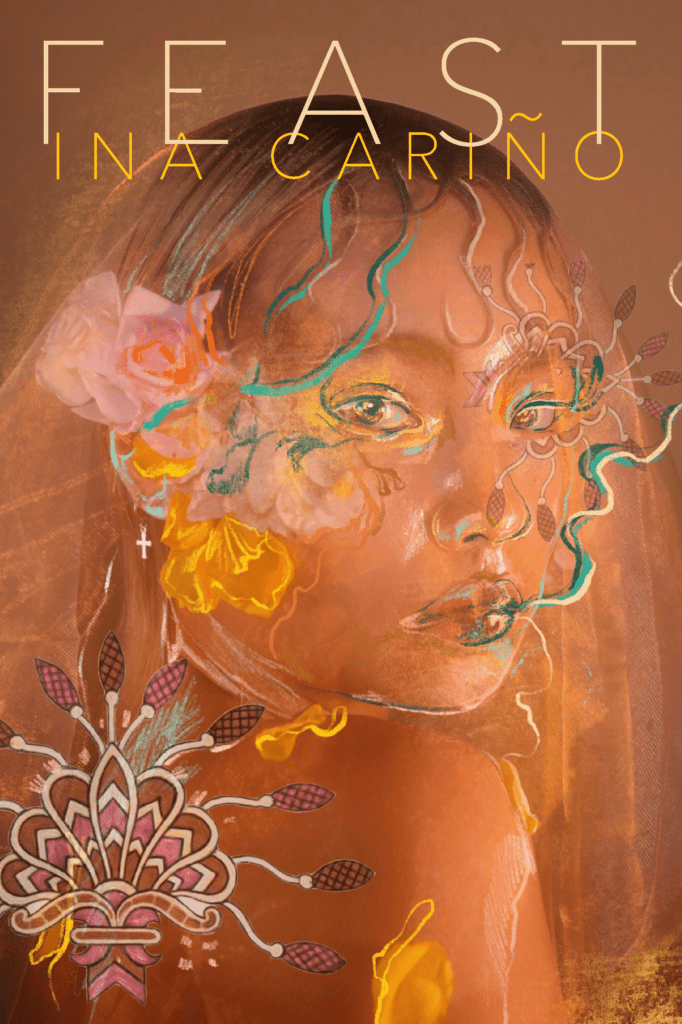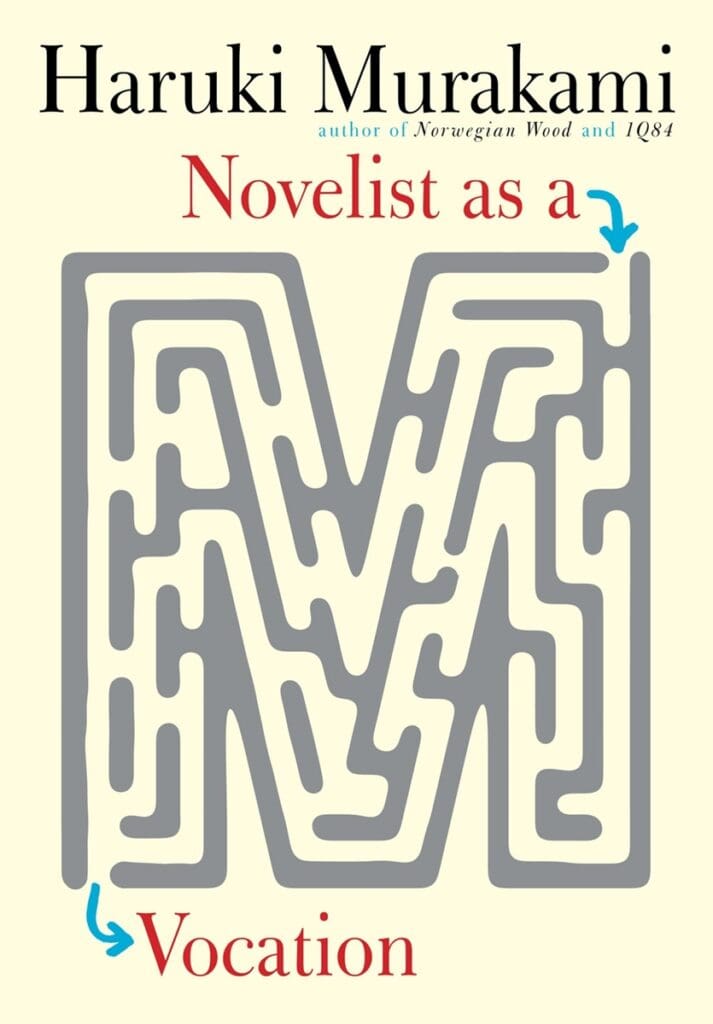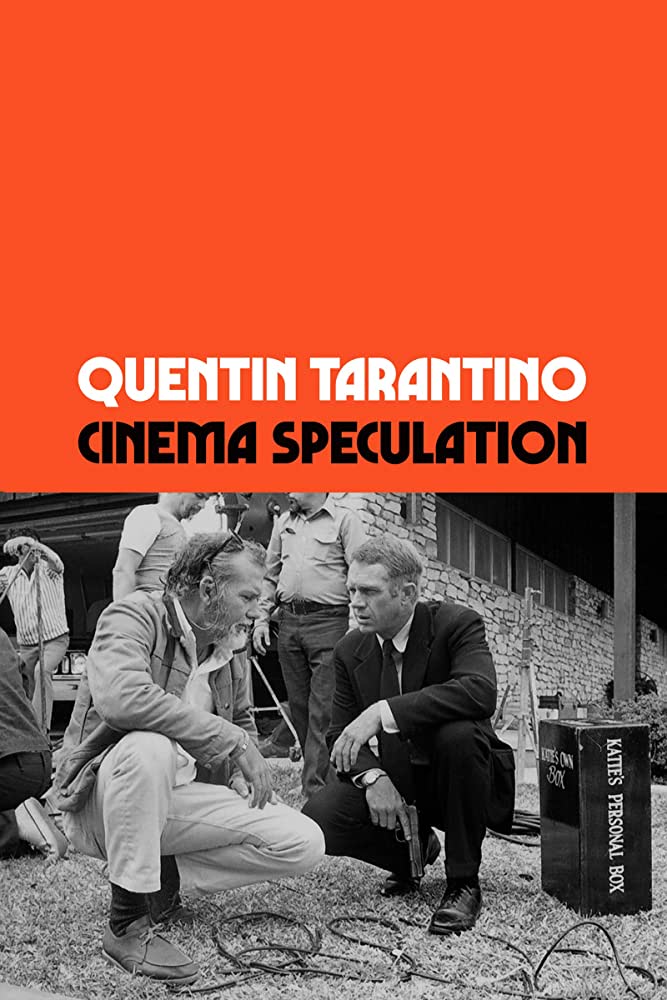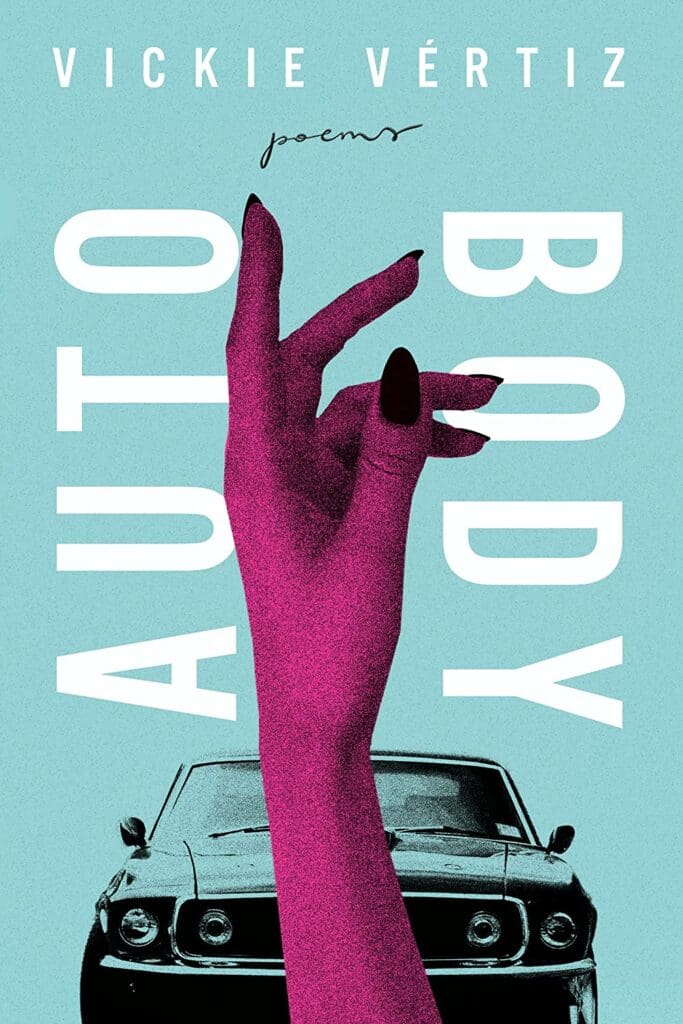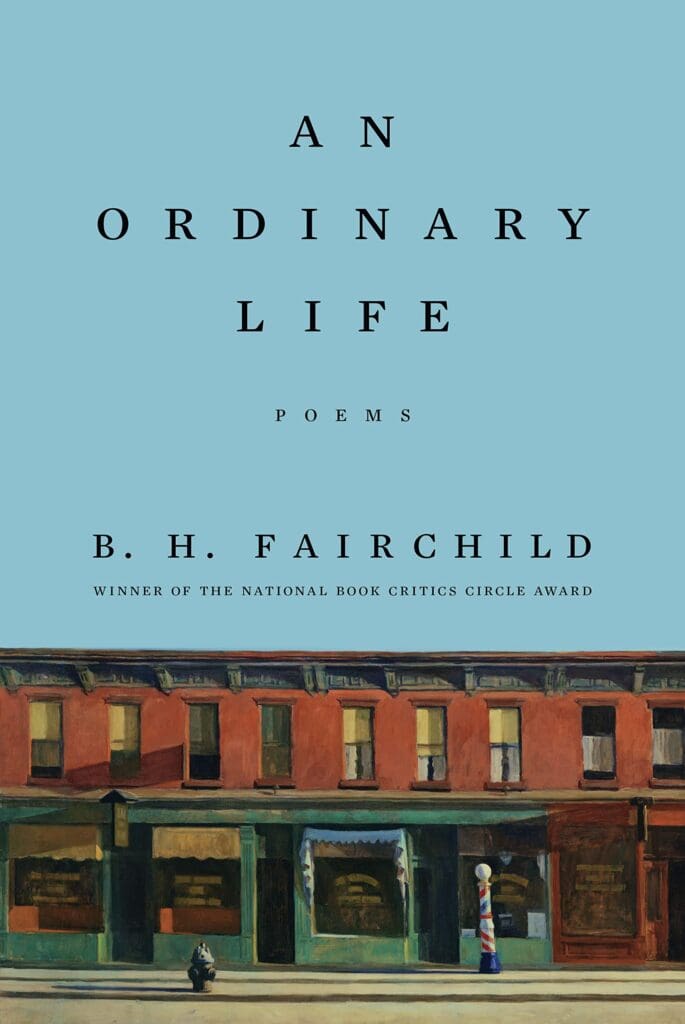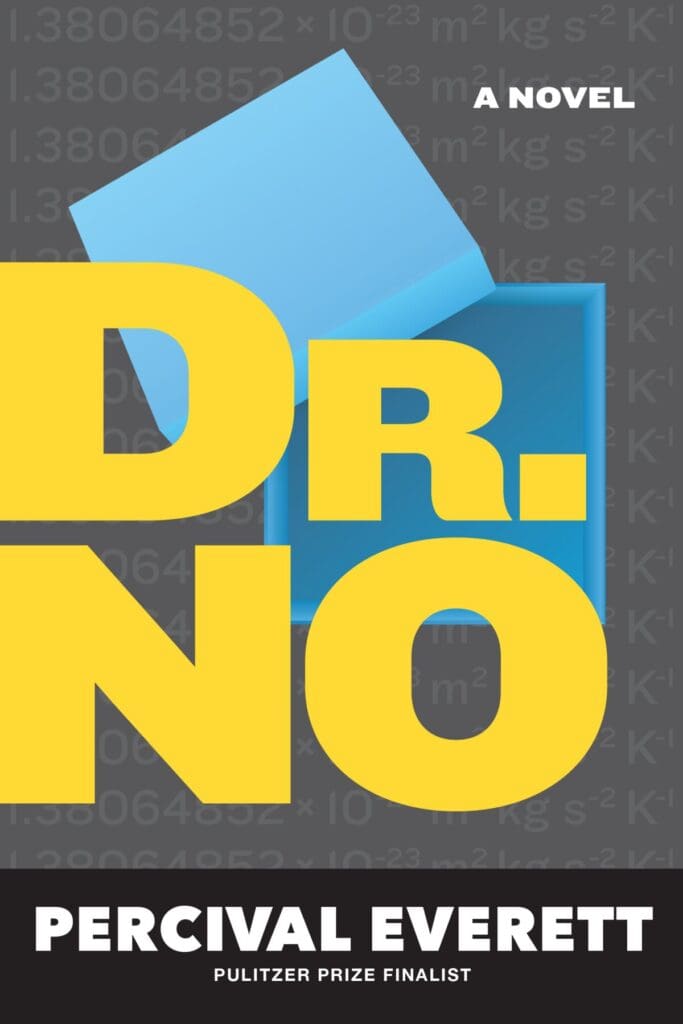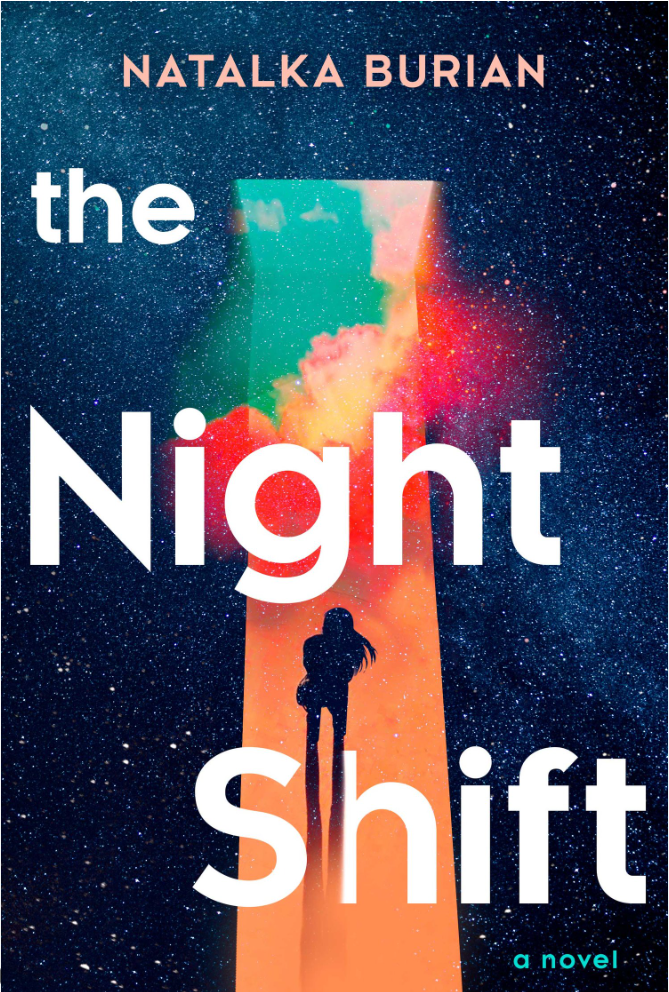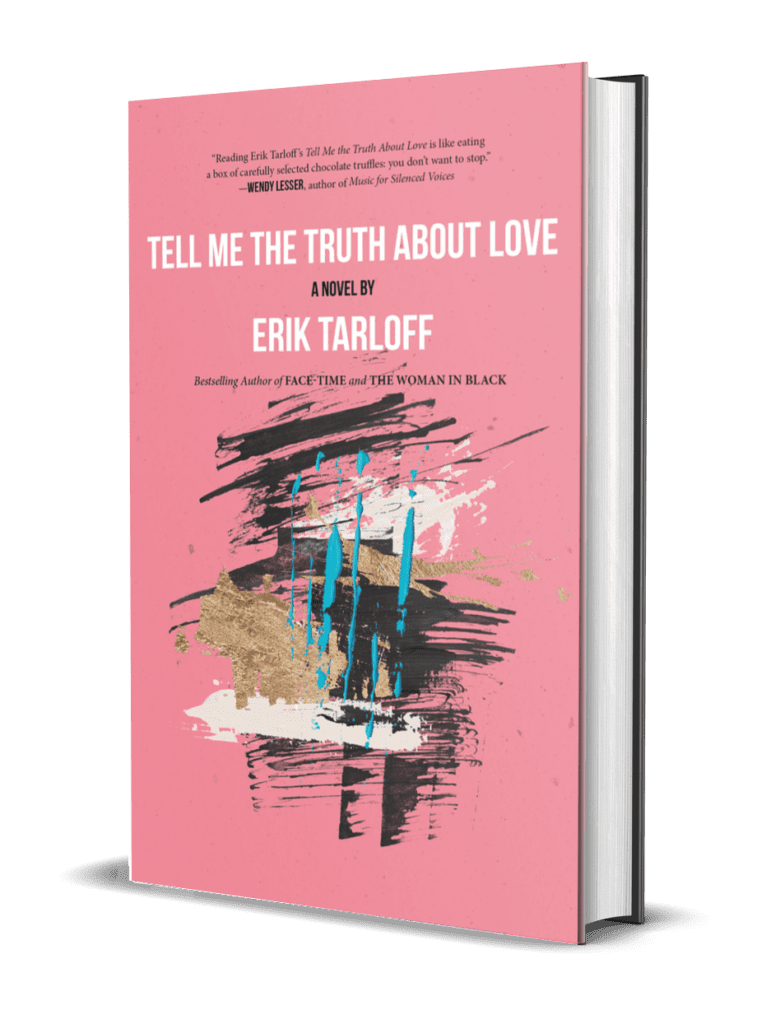In Tom Comitta’s new work of fiction, The Nature Book (272 pages; Coffee House Press), we never encounter a human being. Taking the form of a literary “supercut” that pieces together words from over 300 novels, Comitta’s collage redirects our attention to the life force that pulses through land, water, time, and outer space. Comitta (they/them) uses ornate prose to describe how time moves across seasons to paint a fresh picture of the world and how all nonhuman life fits into it. A standard fast-paced plot is replaced with a gentle rise and fall in action that decentralizes any characters—wolves, […]
World-Building: ‘The Nature Book,’ by Tom Comitta
by Zoe Binder
